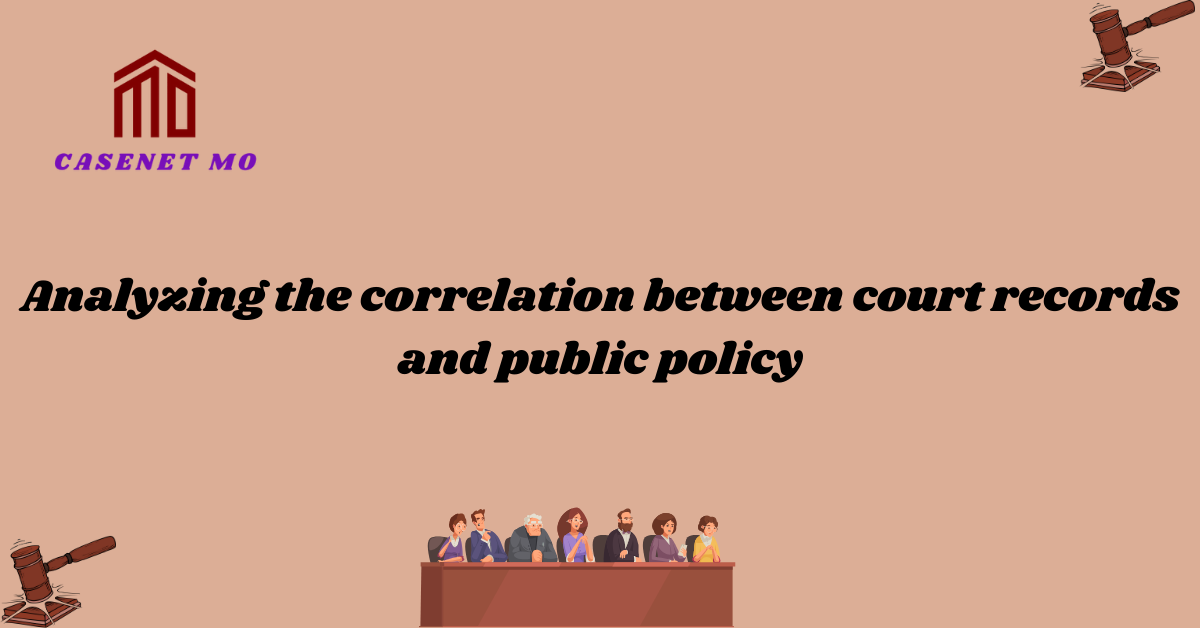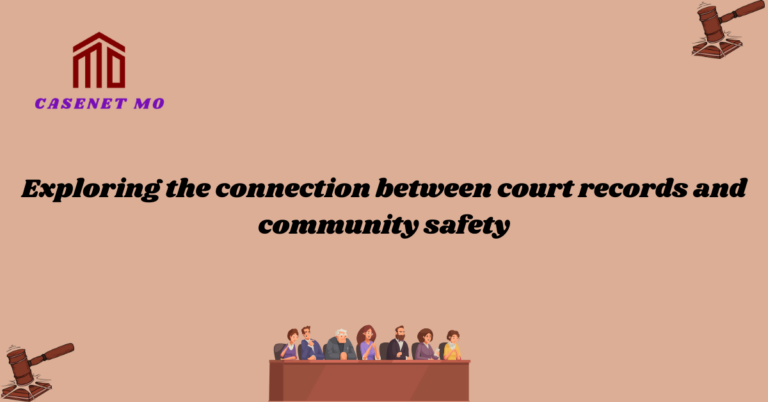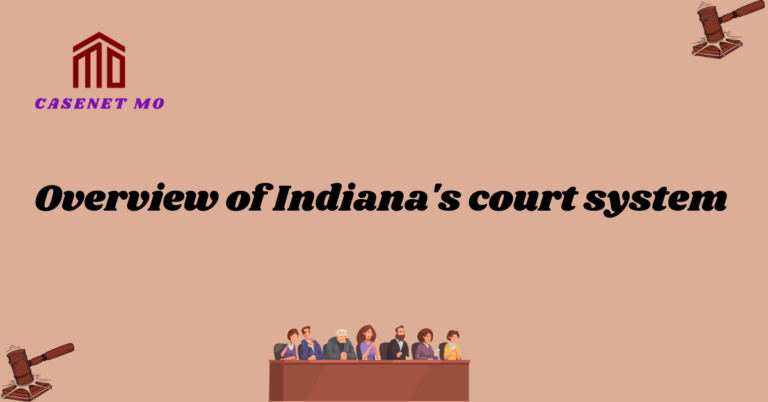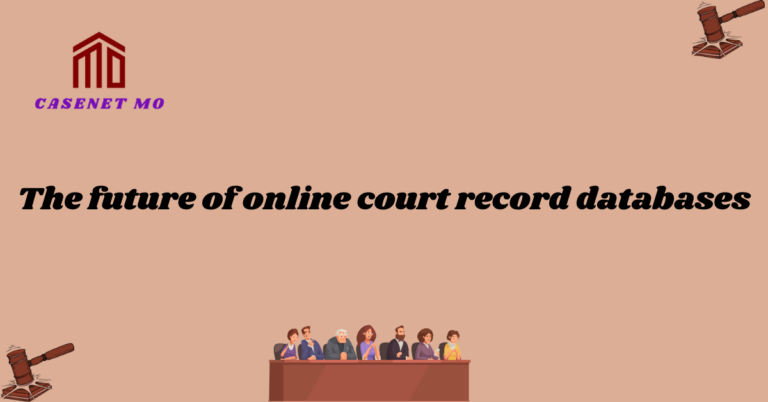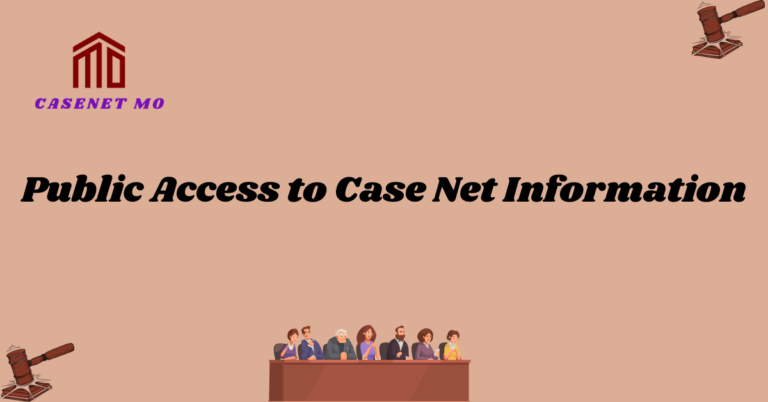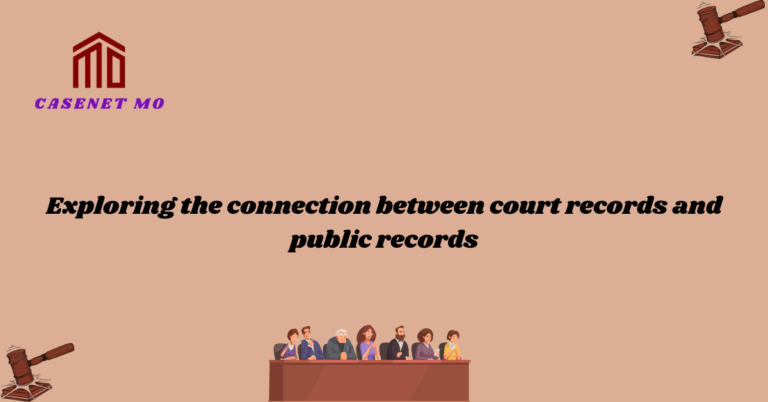Analyzing the correlation between court records and public policy
Understanding the intricate relationship between court records and public policy is essential in comprehending the functioning of our legal system. Court records serve as a vital source of information, offering insights into the decisions made by judges, the arguments presented by attorneys, and the outcomes of various legal cases. These records not only provide a historical account of past court proceedings but also serve as a valuable resource for shaping present and future public policies.
By analyzing court records, policymakers gain a deeper understanding of the impact of their decisions on society. They can assess the effectiveness of existing policies, identify areas in need of reform, and make informed decisions based on empirical evidence. The correlation between court records and public policy is a dynamic interplay that shapes the legal landscape and influences the lives of individuals in our society.
The Role of Court Records in Shaping Public Policy
Understanding the intricate relationship between court records and public policy is essential in comprehending the functioning of our legal system. Court records serve as a vital source of information, offering insights into the decisions made by judges, the arguments presented by attorneys, and the outcomes of various legal cases. These records not only provide a historical account of past court proceedings but also serve as a valuable resource for shaping present and future public policies.
Gaining Insights into Policy Impact
By analyzing court records, policymakers gain a deeper understanding of the impact of their decisions on society. They can assess the effectiveness of existing policies, identify areas in need of reform, and make informed decisions based on empirical evidence. This knowledge allows policymakers to fine-tune policies to better serve the needs of the public.
Evaluating Policy Effectiveness
Court records provide policymakers with real-world examples of how policies are interpreted and implemented within the legal system. By examining the outcomes of legal cases, policymakers can evaluate the effectiveness of existing policies and identify any unintended consequences. This information is crucial in making informed decisions on policy revisions.
Identifying Areas for Reform
Through a thorough examination of court records, policymakers can identify areas within the legal system that may require reform. They can spot patterns of injustice, inconsistencies in decision-making, or gaps in existing policies. By addressing these issues, policymakers can ensure a fair and equitable legal system for all individuals.
Informing Evidence-Based Decision Making
Court records provide policymakers with empirical evidence to support their decision-making process. By analyzing the arguments presented by attorneys and the reasoning behind judicial decisions, policymakers can make informed choices based on facts and legal precedents. This evidence-based approach helps in crafting effective and just policies.
Shaping the Legal Landscape
The correlation between court records and public policy is a dynamic interplay that shapes the legal landscape. As court cases set legal precedents, they influence future legal interpretations and the development of public policies. Policymakers must stay updated on court records to ensure that their policies align with the evolving legal landscape.
Influencing the Lives of Individuals
The interplay between court records and public policy has a direct impact on the lives of individuals in our society. Policies that are shaped by court records can protect individual rights, promote justice, and provide avenues for redress. By leveraging the information gleaned from court records, policymakers can enact positive changes that improve the lives of people.
FAQs
How do court records aid reform identification?
Court records serve as a vital source of information, offering insights into the decisions made by judges, the arguments presented by attorneys, and the outcomes of various legal cases. These records not only provide a historical account of past court proceedings but also serve as a valuable resource for shaping present and future public policies.
Policy insight from court records?
By analyzing court records, policymakers gain a deeper understanding of the impact of their decisions on society. They can assess the effectiveness of existing policies, identify areas in need of reform, and make informed decisions based on empirical evidence. This knowledge allows policymakers to fine-tune policies to better serve the needs of the public.
How do court records assess policy impact?
Court records provide policymakers with real-world examples of how policies are interpreted and implemented within the legal system. By examining the outcomes of legal cases, policymakers can evaluate the effectiveness of existing policies and identify any unintended consequences. This information is crucial in making informed decisions on policy revisions.
How do court files inform reform efforts?
Through a thorough examination of court records, policymakers can identify areas within the legal system that may require reform. They can spot patterns of injustice, inconsistencies in decision-making, or gaps in existing policies. By addressing these issues, policymakers can ensure a fair and equitable legal system for all individuals.
How do court records shape the legal landscape?
The correlation between court records and public policy is a dynamic interplay that shapes the legal landscape. As court cases set legal precedents, they influence future legal interpretations and the development of public policies. Policymakers must stay updated on court records to ensure that their policies align with the evolving legal landscape.
How do court records affect people’s lives?
The interplay between court records and public policy has a direct impact on the lives of individuals in our society. Policies that are shaped by court records can protect individual rights, promote justice, and provide avenues for redress. By leveraging the information gleaned from court records, policymakers can enact positive changes that improve the lives of people.
Conclusion
In conclusion, court records play a significant role in shaping public policy. They provide policymakers with valuable insights, help evaluate policy effectiveness, identify areas for reform, inform evidence-based decision-making, shape the legal landscape, and ultimately influence the lives of individuals in our society. By understanding this relationship and utilizing court records effectively, policymakers can create policies that are fair, just, and responsive to the needs of the public.

